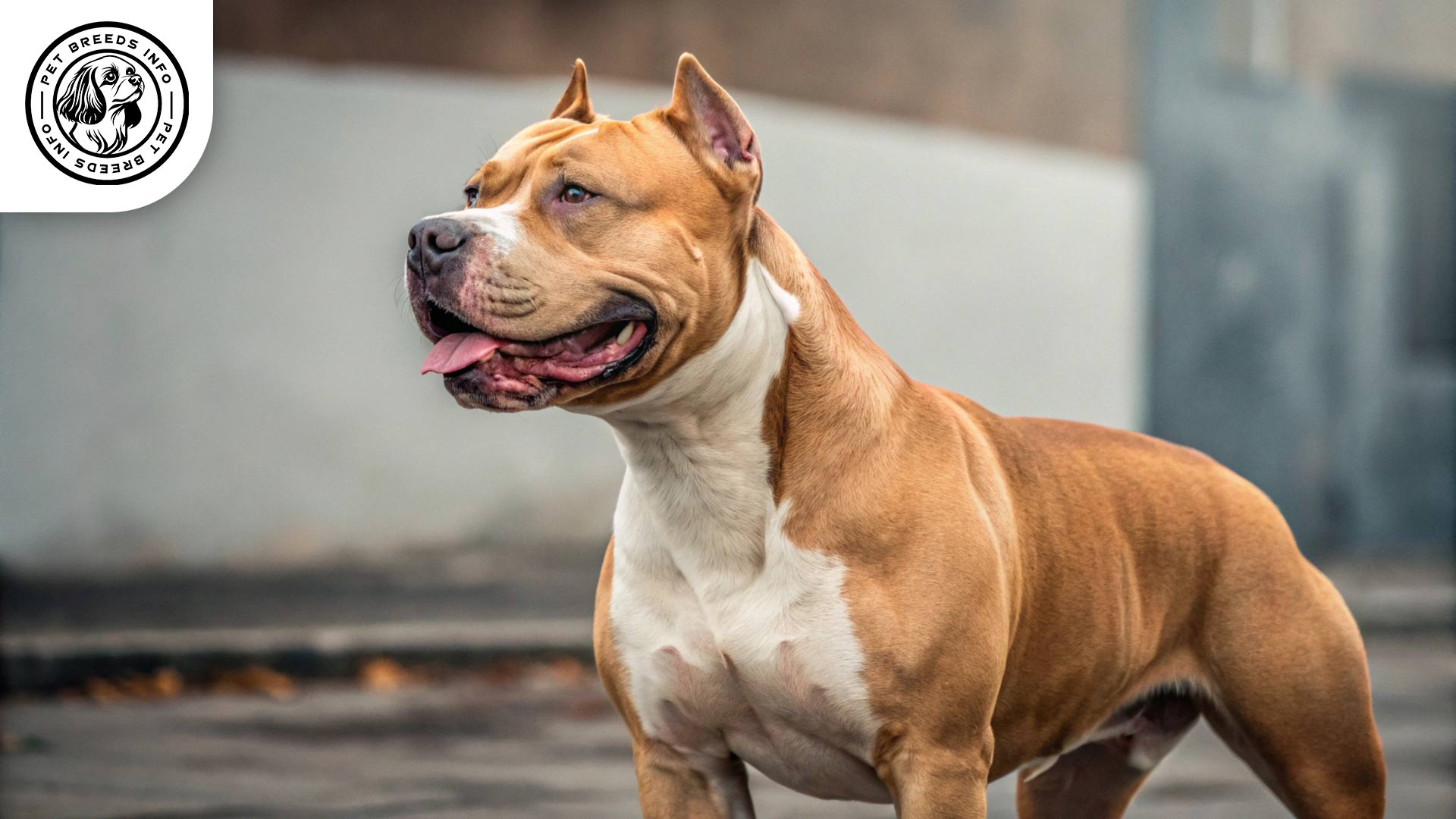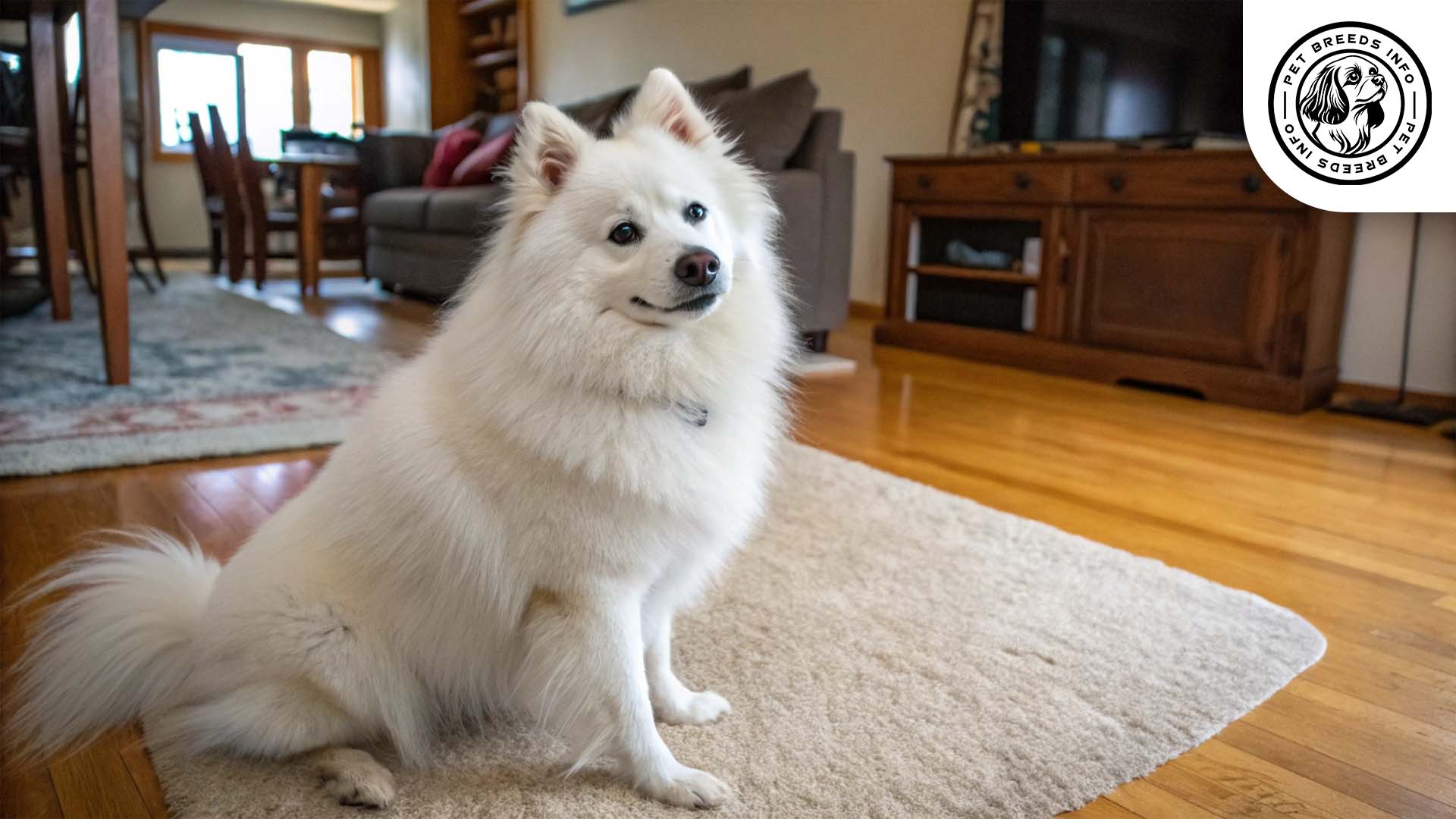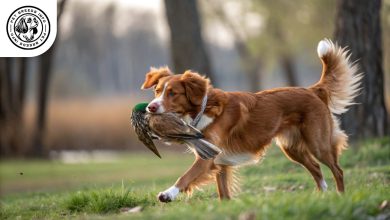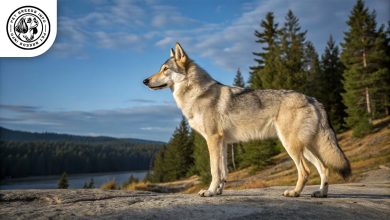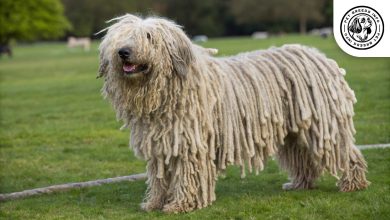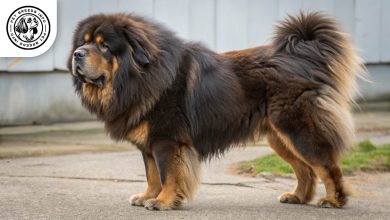American Pit Bull Terrier Dog Breed: Size, Health, Price & Personality
General Introduction of the Breed
The American Pit Bull Terrier, commonly known as the Pit Bull, is a medium-sized dog breed known for its strength, loyalty, and affectionate nature. In Spanish, it is often referred to as “Pitbull Americano.” This breed was originally developed in the United States and has roots tracing back to the early 19th century when it was bred from bulldog and terrier ancestors for work, protection, and companionship. Initially, these dogs were used for farm work, hunting, and as family guardians.
Table of Contents
| Color | Wide variety, including black, blue, brindle, fawn, red, white, and combinations. |
| Weight | Males: 35-60 pounds; Females: 30-50 pounds |
| Lifespan | 12-16 years |
| Diet | High-quality protein, balanced nutrition; avoid harmful foods |
| Care | Regular exercise, minimal grooming, temperature sensitivity |
| Health | Prone to hip dysplasia, skin allergies, thyroid disorders, heart disease |
| Nature | Loyal, affectionate, intelligent, energetic; needs early socialization |
| Price | $500-$2,000 from breeders; adoption often more affordable |
Physical Characteristics
The American Pit Bull Terrier is a muscular and well-proportioned dog with a strong build. Males typically range between 18 to 21 inches in height and weigh between 35 to 60 pounds. Females are slightly smaller, standing between 17 to 20 inches and weighing between 30 to 50 pounds.
The breed has a short, smooth coat that requires minimal maintenance. It comes in a wide variety of colors, including black, blue, brindle, fawn, red, white, and combinations of these shades. The eyes are round and can vary in color from brown to hazel or blue. The ears may be naturally floppy, semi-pricked, or cropped, depending on the owner’s preference. The tail is medium in length and tapers to a fine point.
Read More: Akita Dog
Personality and Temperament
The Pit Bull is known for its intelligence and eagerness to please, which makes it a highly trainable breed. It is extremely energetic and requires regular physical and mental stimulation. This breed is highly affectionate and forms strong bonds with its owners, often displaying a loving and loyal disposition.
Pit Bulls enjoy human companionship and typically get along well with children when properly socialized. However, due to their strong prey drive and history as working dogs, early training is essential for controlled social interactions. While they can be friendly toward other dogs and pets, they should be introduced carefully, especially to smaller animals. The breed is highly adaptable but sensitive to negative training methods and environmental changes.
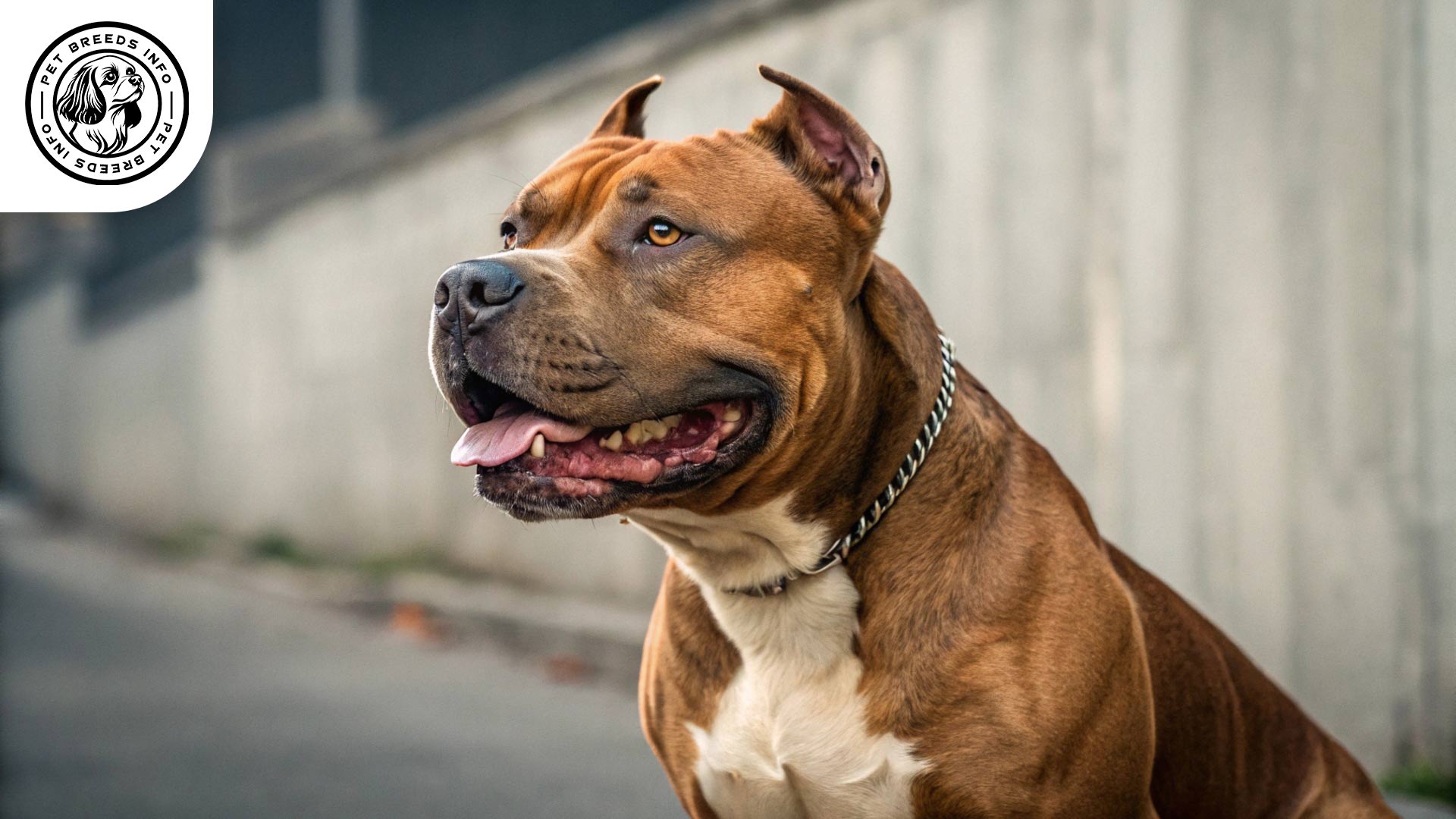
Care and Maintenance Requirements
The American Pit Bull Terrier requires regular exercise to maintain its muscular build and prevent unwanted behaviors caused by boredom. Daily walks, play sessions, and obedience training are ideal forms of activity.
The breed can adapt to apartment living but thrives best in a home with ample space to move around. Since it has a short coat, grooming needs are minimal. Weekly brushing helps maintain a healthy coat and reduces shedding. Bathing should be done as needed, and regular nail trimming, ear cleaning, and dental care are essential.
Pit Bulls are sensitive to extreme weather conditions. In colder temperatures, they may require coats or sweaters, while in hot climates, they need shade and hydration to prevent overheating.
Diet and Nutrition
A balanced diet rich in high-quality protein and essential nutrients is recommended for Pit Bulls. A mix of dry kibble, wet food, or a raw diet can be provided, depending on the owner’s preference. Feeding portions should be based on age, weight, and activity level.
Certain foods should be avoided, including chocolate, onions, garlic, grapes, and foods high in fat or artificial additives. Typically, two meals per day are sufficient to keep a Pit Bull nourished and healthy.
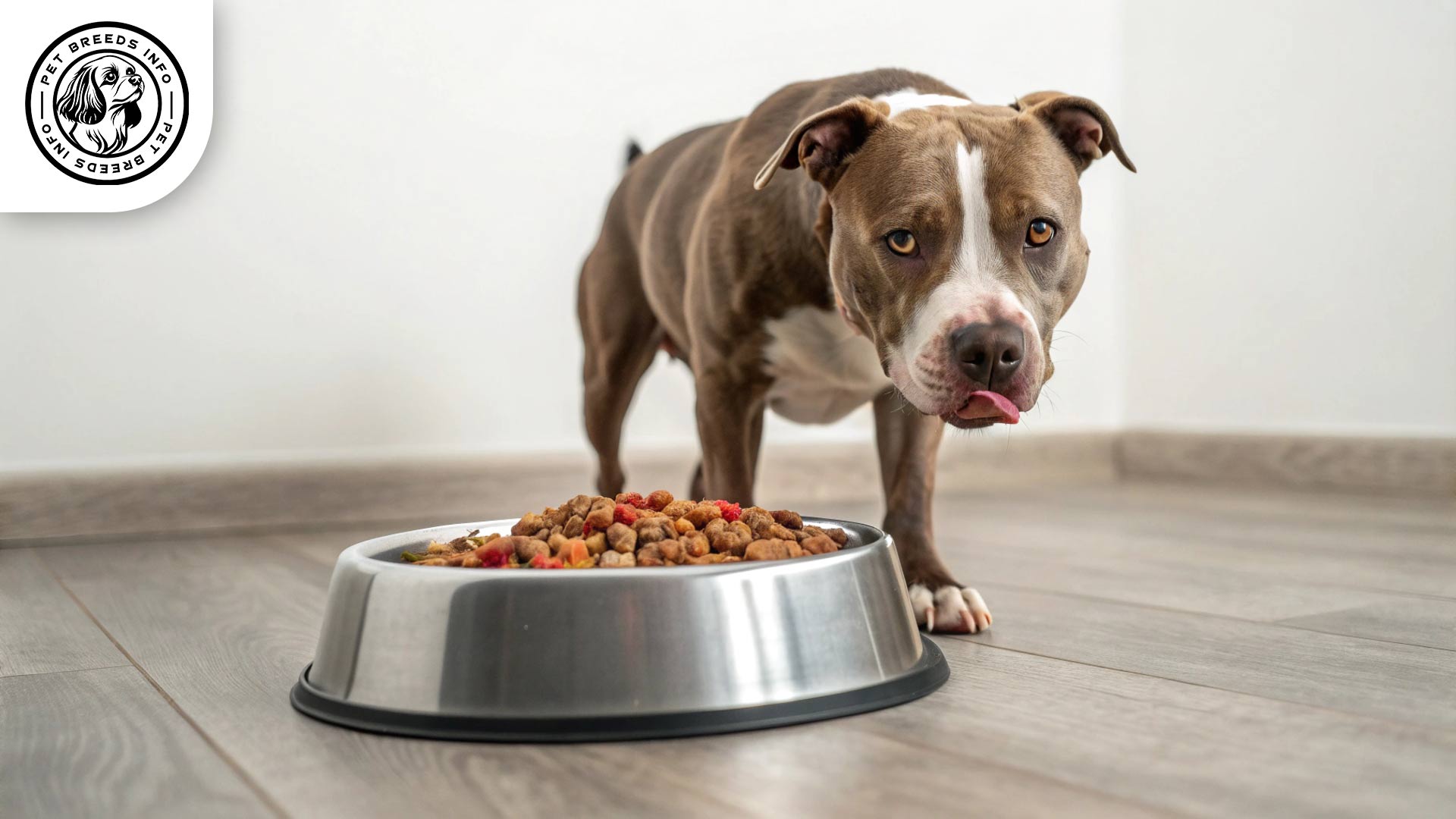
Health and Common Medical Issues
The American Pit Bull Terrier is generally a healthy breed but can be prone to certain genetic conditions, including hip dysplasia, skin allergies, thyroid disorders, and heart disease. Regular veterinary check-ups, vaccinations, and preventive care can help maintain overall health. The average lifespan of a Pit Bull ranges from 12 to 16 years.
Read More: Akbash Dog
Training and Behavior Management
Pit Bulls are intelligent and respond well to positive reinforcement training methods. Early socialization and consistent obedience training are crucial for ensuring a well-behaved dog. Using reward-based methods, such as treats and praise, can yield the best results.
Owners should establish leadership in a firm but gentle manner to prevent stubborn behavior. Activities such as agility training, interactive games, and advanced commands help keep them mentally stimulated.
Interaction with Other Animals and Humans
When properly raised and socialized, Pit Bulls can be great companions for families, including children. They are affectionate dogs that enjoy human interaction and thrive in loving environments.
Because of their history, some Pit Bulls may exhibit dominance toward other dogs, so supervision and controlled introductions are necessary. They typically form strong bonds with their owners and may not do well when left alone for long periods.
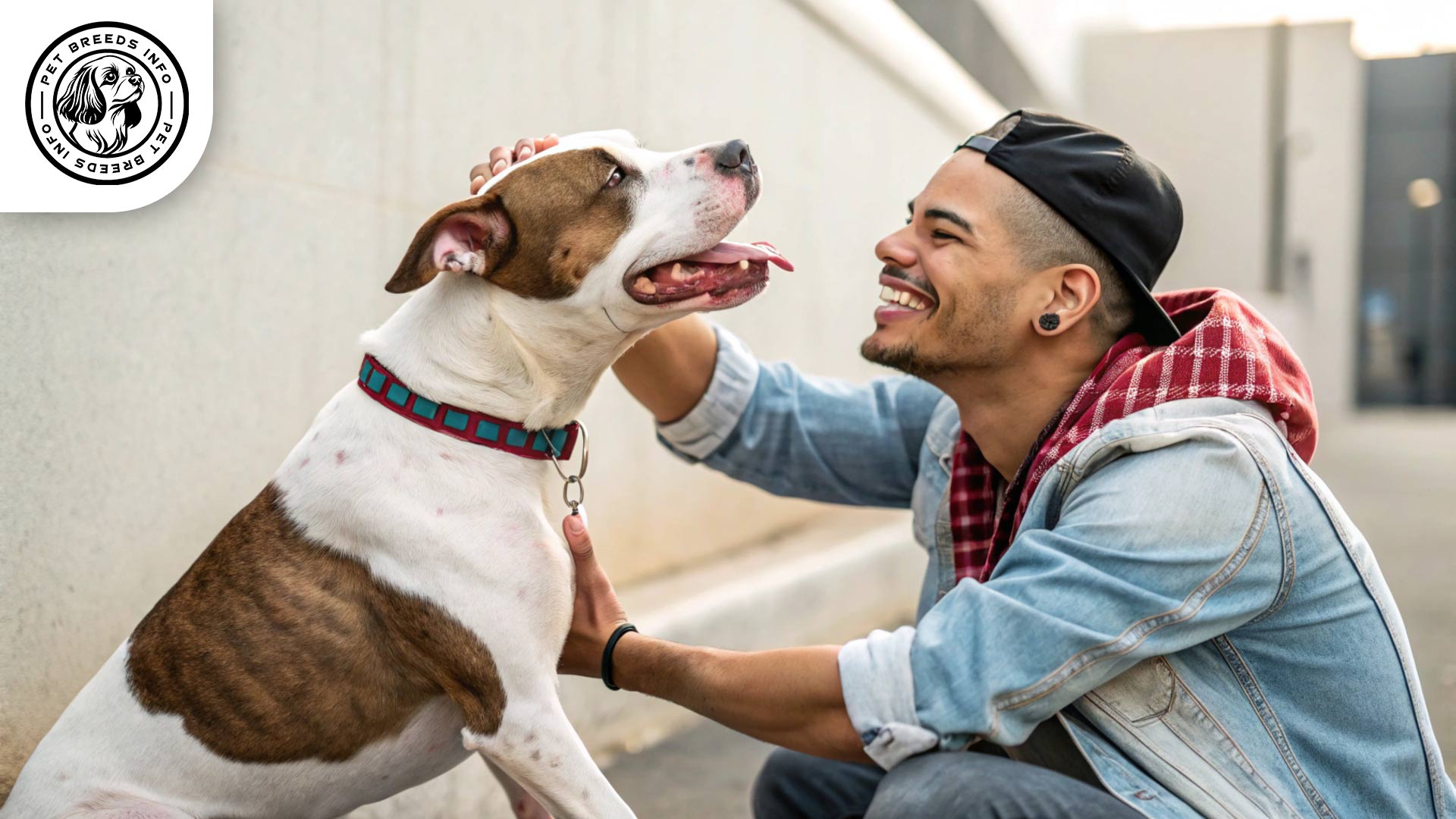
Price and Availability
The cost of acquiring an American Pit Bull Terrier varies based on factors such as lineage, breeder reputation, and location. On average, purchasing a Pit Bull from a reputable breeder ranges between $500 and $2,000. Adopting from a shelter or rescue organization is often more affordable and can be a rewarding choice.
When obtaining a Pit Bull, it is important to research ethical breeders who prioritize health and temperament. Many Pit Bulls are available for adoption through rescue groups and animal shelters.
Read More: Alaskan Malamute Dog
Conclusion and Final Thoughts
The American Pit Bull Terrier is a loyal, affectionate, and intelligent breed that thrives with responsible ownership. This breed is best suited for active individuals or families willing to provide consistent training, socialization, and daily exercise.
Prospective owners should consider the breed’s high energy levels, need for companionship, and potential breed-specific regulations in certain areas. With proper care, training, and love, a Pit Bull can become a devoted and well-behaved family member.
FAQ
Are American Pit Bull Terriers aggressive dogs?
No, American Pit Bull Terriers are not inherently aggressive. Their temperament is largely influenced by their training and socialization. When properly raised and socialized, they are known to be affectionate, loyal, and good with children. However, due to their history and strong build, early and consistent training is crucial.
What are the main care requirements for a Pit Bull?
Pit Bulls require regular exercise, a balanced diet, and minimal grooming due to their short coat. They are sensitive to extreme weather, so precautions should be taken in very hot or cold climates. Consistent training and early socialization are also essential.
What health issues are common in American Pit Bull Terriers?
While generally healthy, Pit Bulls can be prone to certain genetic conditions, including hip dysplasia, skin allergies, thyroid disorders, and heart disease. Regular veterinary check-ups are important for preventive care.
How much does an American Pit Bull Terrier typically cost?
The cost varies depending on factors like lineage and breeder reputation. From a reputable breeder, you can expect to pay between $500 and $2,000. Adopting from a shelter or rescue organization is often more affordable.
Are American Pit Bull Terriers good with children and other pets?
Yes, when properly socialized, Pit Bulls can be excellent family pets and get along well with children. However, due to their strong prey drive, introductions to other pets, especially smaller animals, should be done carefully and under supervision.
